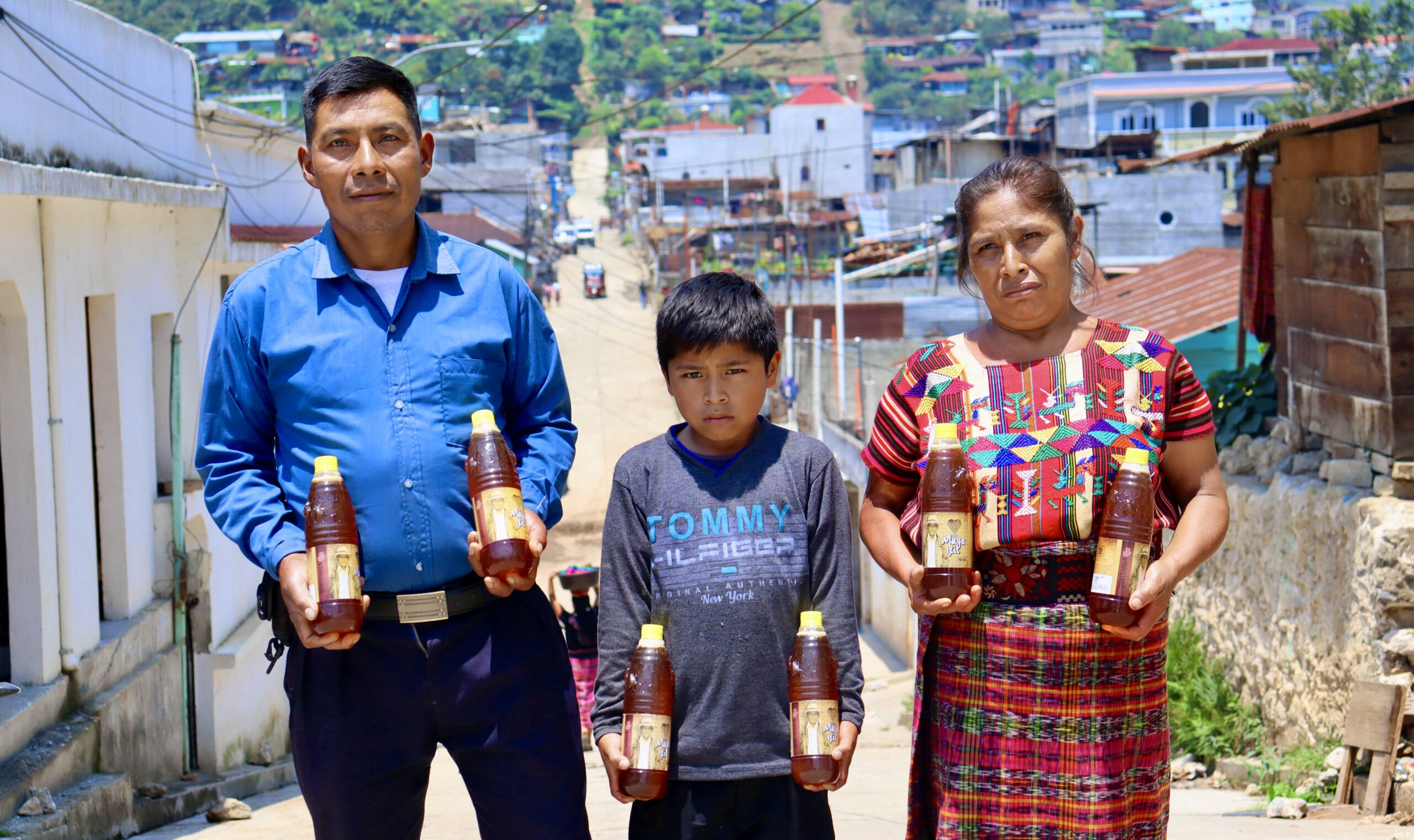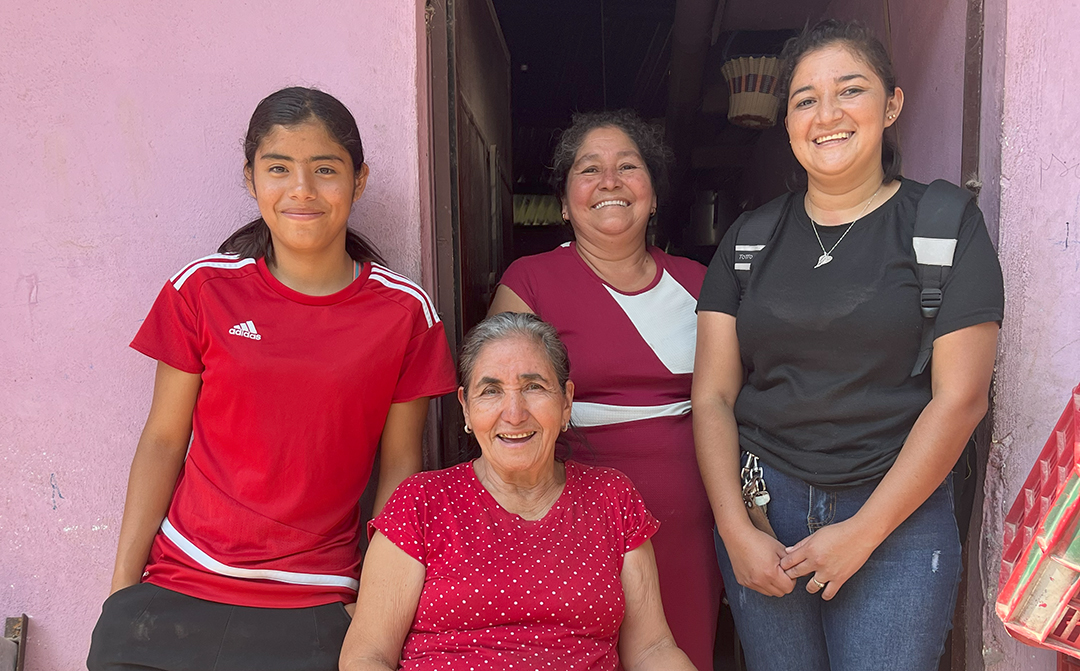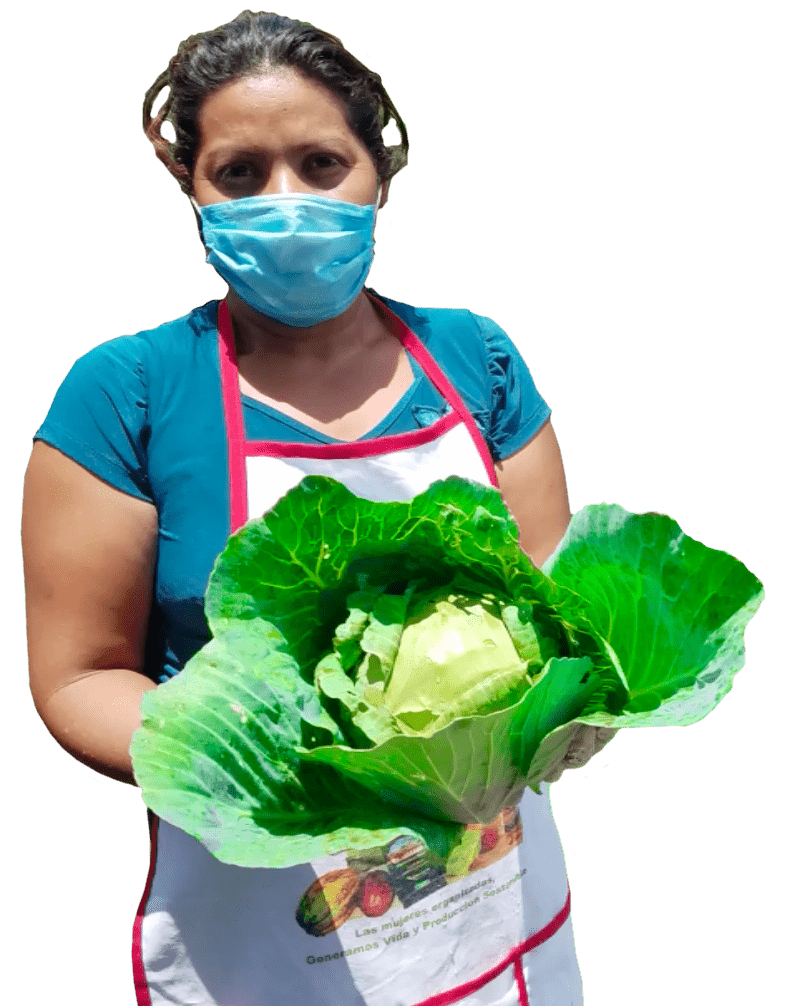
ECONOMIC OPPORTUNITY
The average rural worker in Latin America earns less than half of urban workers.
Coffee farmers in rural communities across Latin America and the Caribbean work hard to provide for their families, but for the vast majority, their income from coffee is insufficient. Years of low coffee prices means that few have the resources to invest in alternatives or the education necessary to pursue a different career path.
Young people face similar challenges. There are roughly 156 million people between the ages of 15 and 29 in Latin America and the Caribbean, making up 25% of the population.
The unemployment rate for this group is three times higher than that of people aged 30 to 64.
Education can help young people develop their potential. However, without sufficient economic opportunities locally, they are often left with little choice but to migrate to urban areas or other countries in search of work.
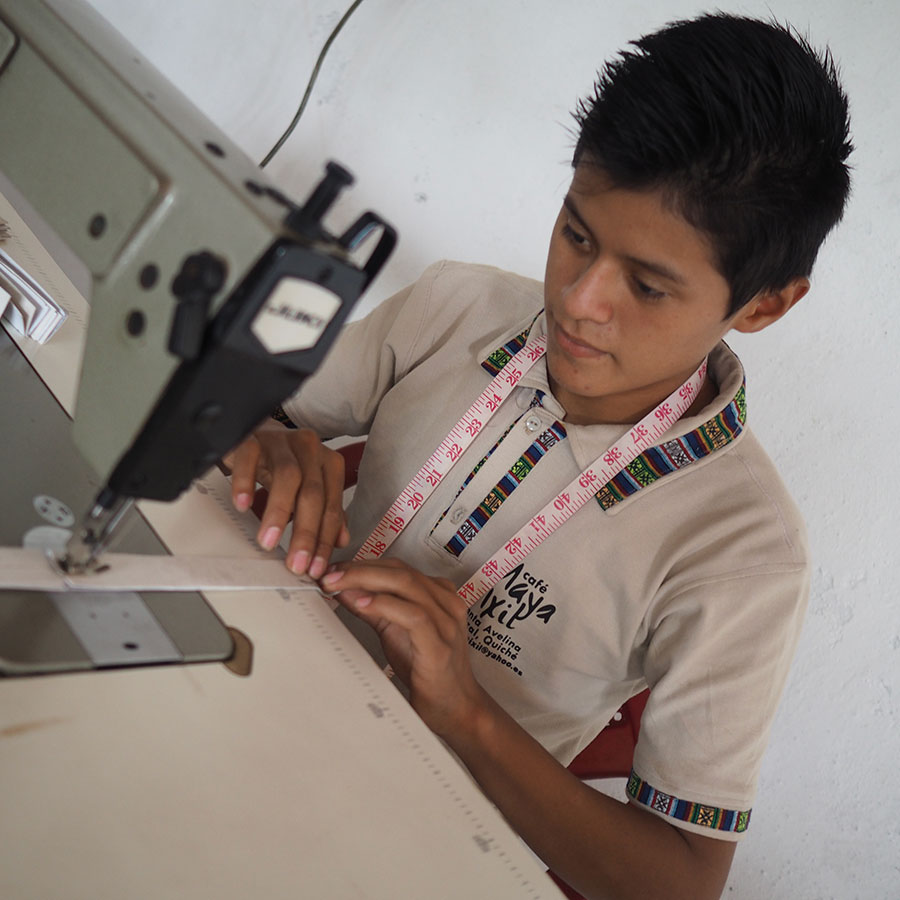
Making Ends Meet
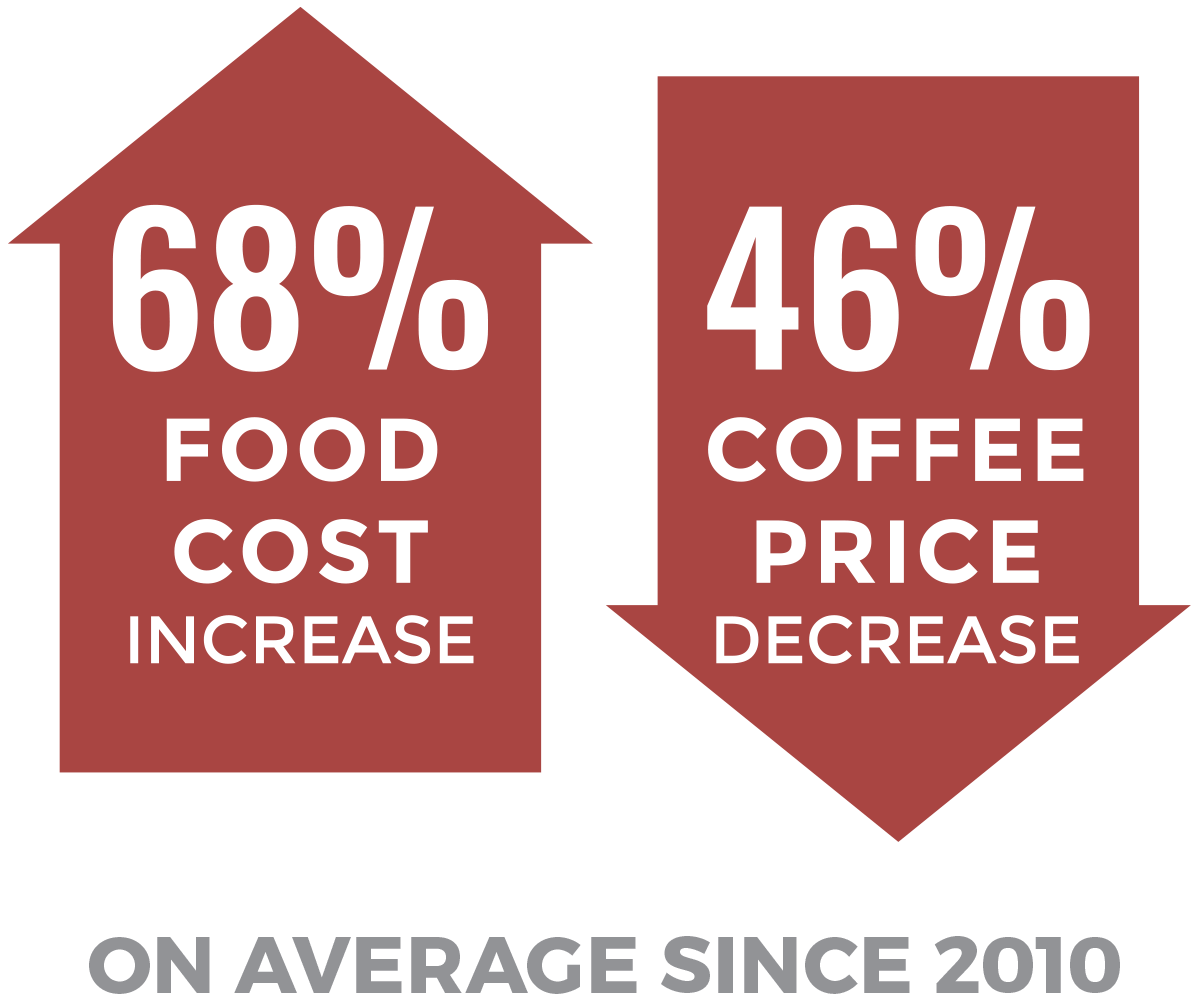
In 2018, the annual food costs for a family of five in Guatemala totaled $5,616 according to the Instituto Nacional de Estadística Guatemala. The farming families we work with at Maya Ixil reported an average net income from coffee of just $900. To make up some of this gap and support their families, many farmers have had to leave their farms to labor on large coffee plantations, work in cities, or migrate to the U.S.
We encounter this situation at all our partner sites. And, it’s not new. Green coffee prices have been hovering around $1.00 a pound, dropping 29% since 2010, while food prices have skyrocketed, climbing anywhere from 41% to 67% during the same period in the countries where we work.
Coffee farmers are an aging population. In Colombia, the average age of coffee farmers is 56. Given the current economic outlook in coffee, few people are interested in taking over for their parents.
Our Focus: Economic Opportunity
Generating economic opportunity in coffee communities often means moving beyond just coffee for income. We see every farmer as an entrepreneur with the potential to provide for their family. Similarly, educated young people are an untapped resource in their communities.
Strategic diversification can bring greater stability to the family economy and provide new opportunities to women and young people. We work with families to identify opportunities and maximize the potential of what they have at hand – their land, their desire for choices and for something better, and their commitment.
We work with our partners to develop or expand beekeeping, basic grain production, agroforestry projects, animal husbandry, and local farmers markets to sell surplus produce from home gardens. Our participatory approach uses a “train-the-trainer” approach, which presents new opportunities for young people to put their education to work and embed a new generation of leadership in their communities.
RESOURCES
Decent rural employment for food security: A case for action, FAO 2012
The rural youth situation in Latin America and the Caribbean (PDF), IFAD 2019
Farmer Profitability: Managing Risk in the Supply Chain, Specialty Coffee Association, 2015
UN Department of Economic & Social Affairs: Youth, UN for Youth

